Integrated Traditional Chinese and Western Medicine Center Department I
Department I of Integrated Traditional Chinese and Western Medicine at Beijing Ditan Hospital is a key and long-established clinical department of the hospital. Under the leadership of Professor Wang Xianbo, the department’s academic leader, it has been designated as a High-Level Key Discipline by the National Administration of Traditional Chinese Medicine. It is also recognized as a Key Specialty for TCM Hepatology and Infectious Diseases, a National Regional TCM (Hepatology) Diagnosis and Treatment Center, and an Outstanding TCM Key Specialty for Major Epidemic Prevention and Control in Beijing. These recognitions highlight the department’s outstanding capabilities in both clinical care and scientific research.
The department has a team of 35 medical professionals, including 11 with senior professional titles, 7 PhD holders, and 6 Master’s degree holders. The faculty includes 1 doctoral supervisor, 4 master’s supervisors, and hosts a postdoctoral research station. The department has undertaken over 20 national and provincial-level research projects, published more than 200 academic papers (with department members as corresponding authors), obtained over 10 granted patents, and received 5 provincial/ministerial-level science and technology progress awards as the main implementing institution. To date, it has trained over 60 graduate students (including both master's and doctoral levels), making it a heritage-innovative and patient-centered department that integrates clinical care, teaching, research, and nursing.
The department provides comprehensive diagnostic and therapeutic services for various liver diseases, fully leveraging the strengths of Integrated Traditional Chinese and Western Medicine. It has achieved remarkable efficacy in the management of liver failure, liver cancer, refractory ascites due to cirrhosis, hyperbilirubinemia, various viral/autoimmune/alcoholic/fatty liver diseases, and obesity-related conditions. Furthermore, the department conducts multiple independent innovative research projects and clinical cohort studies, advancing the development of new diagnostic and treatment approaches through continuous innovation and quality improvement.




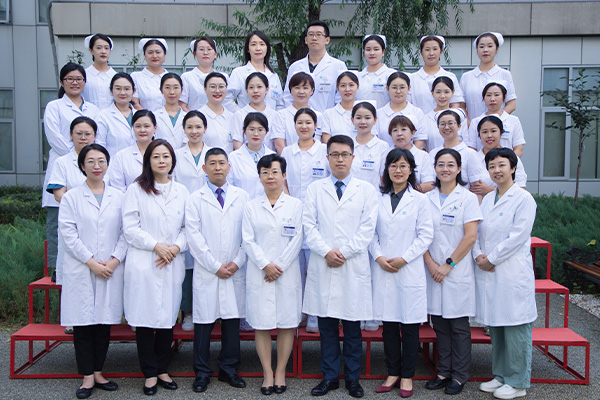
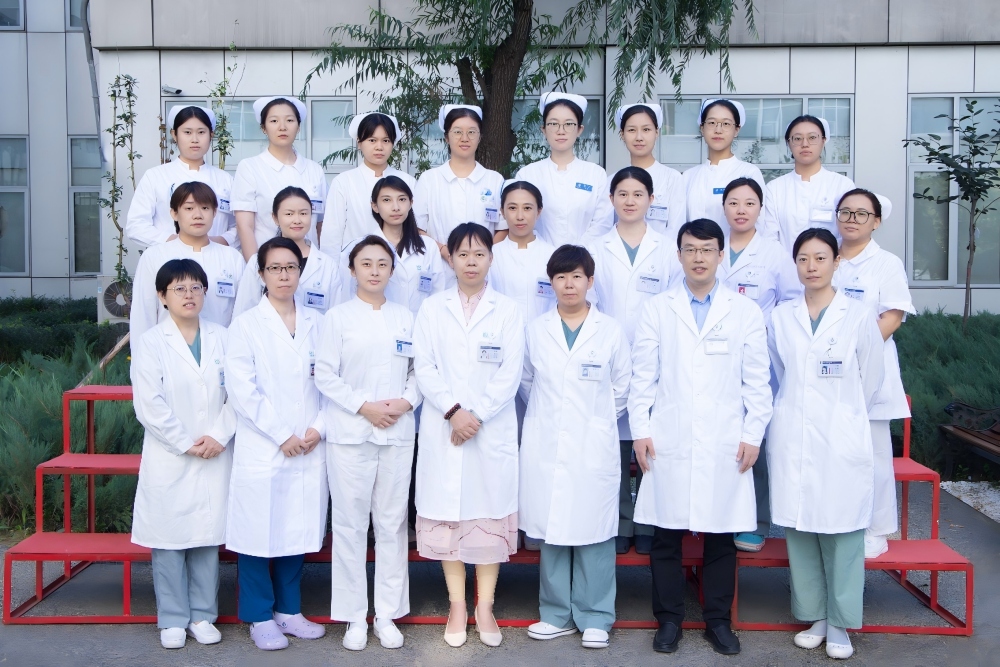
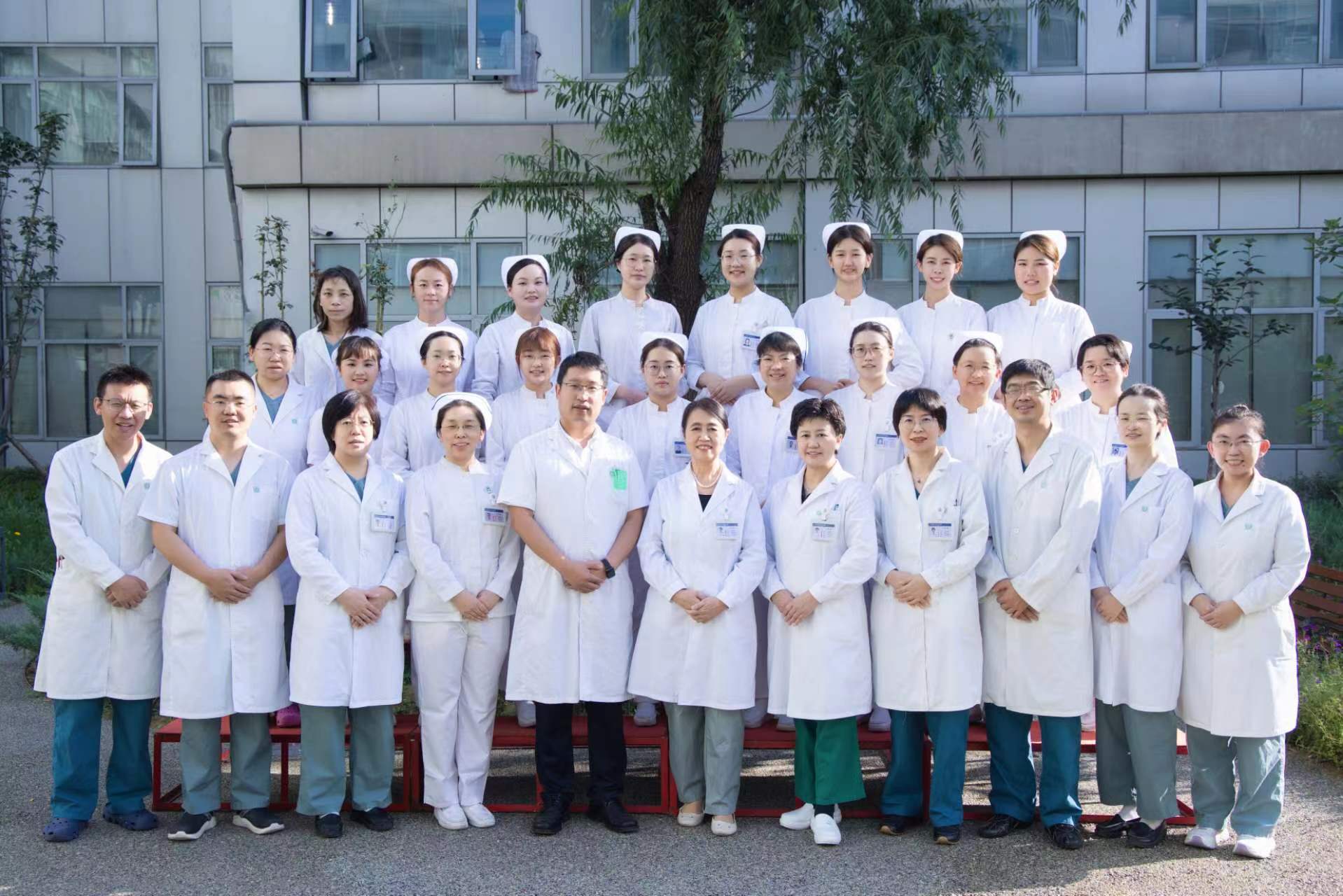
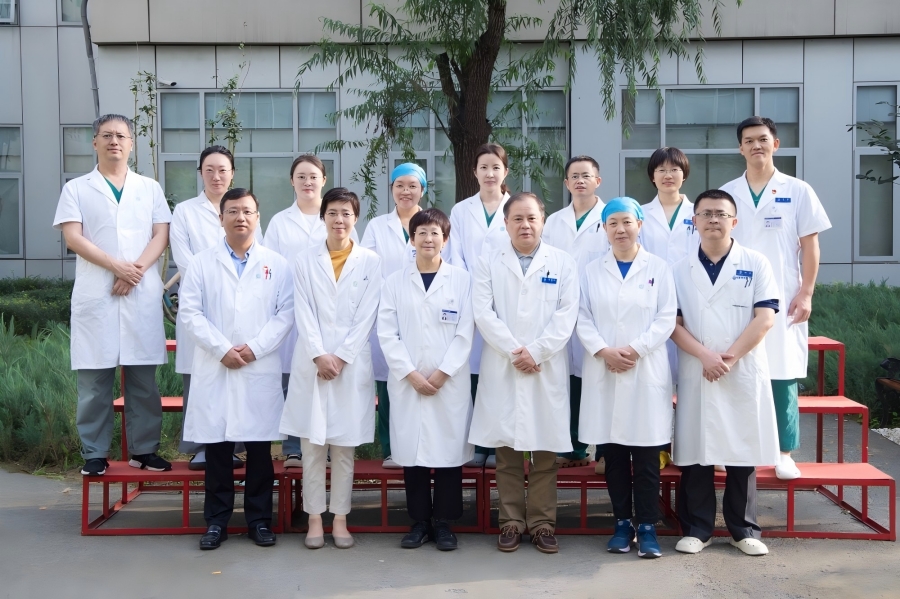
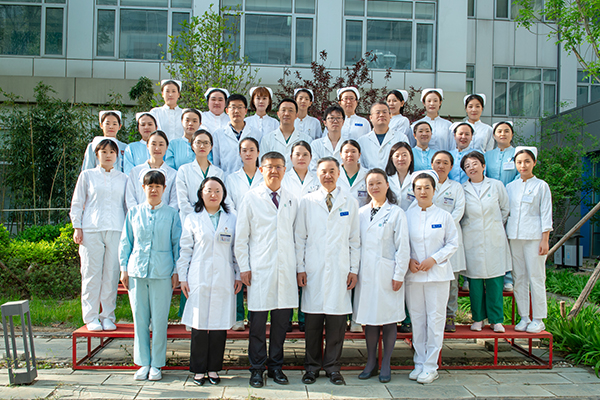
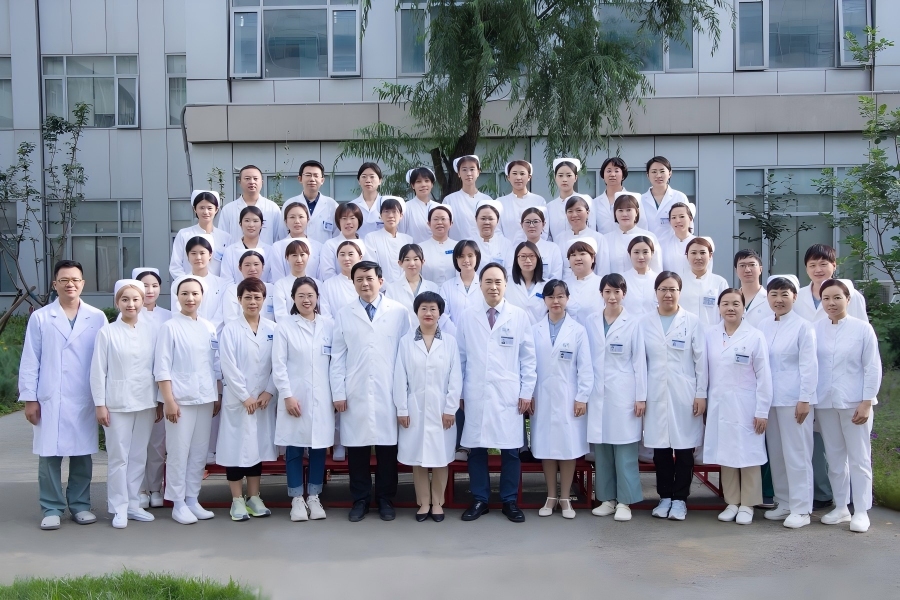
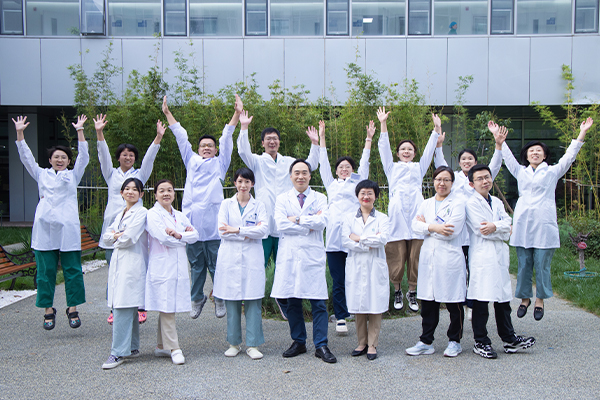
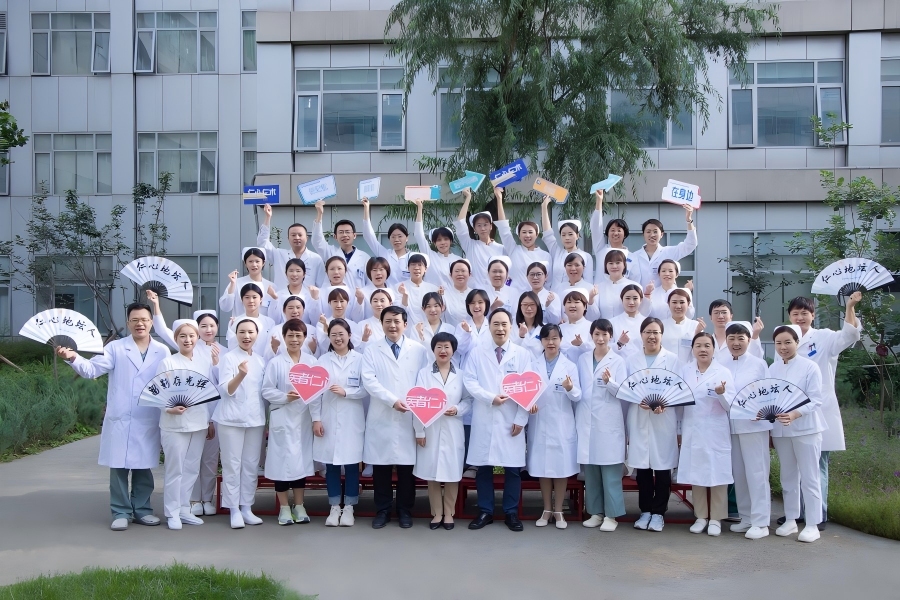
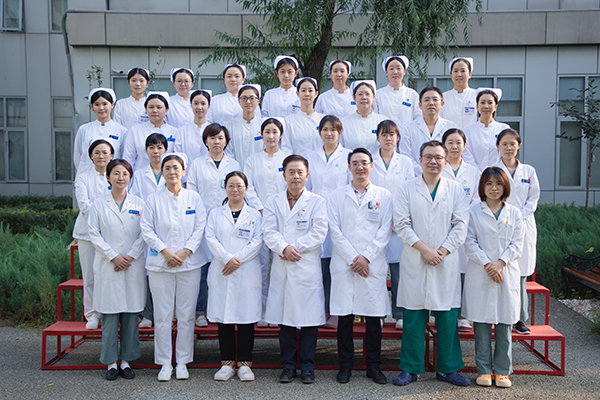
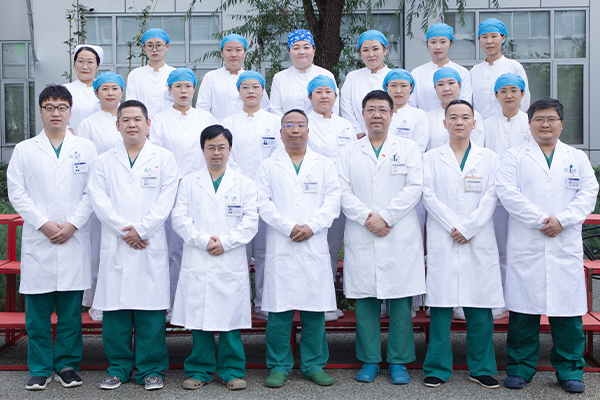
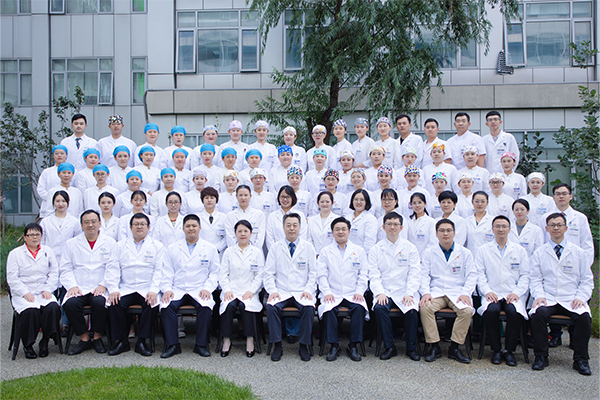
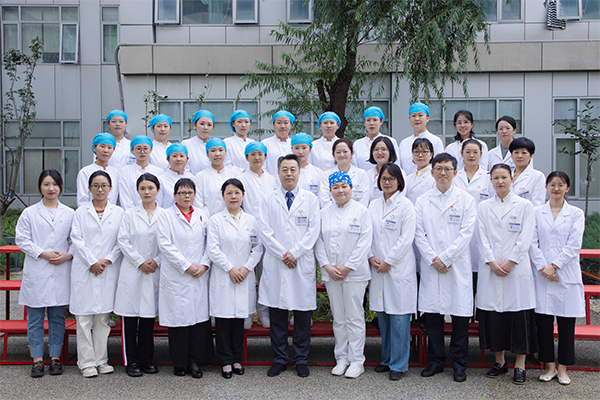
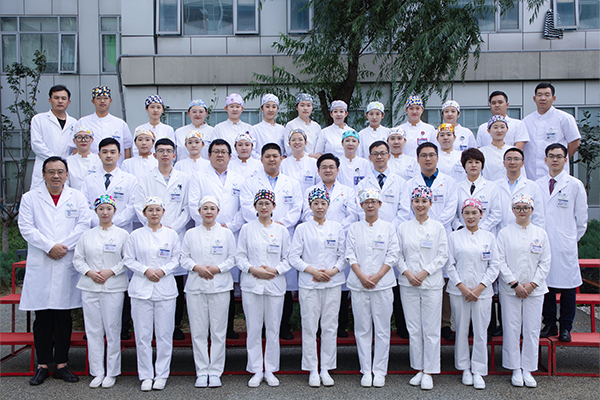
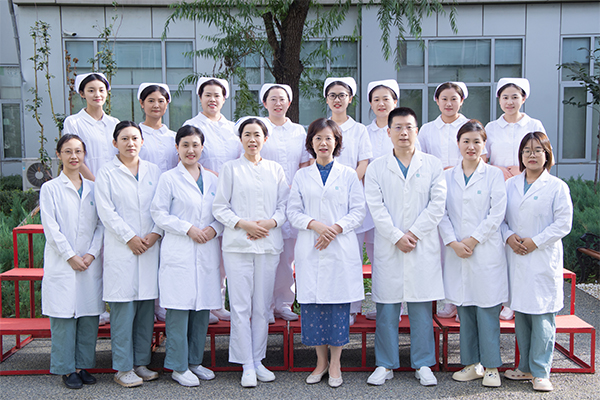
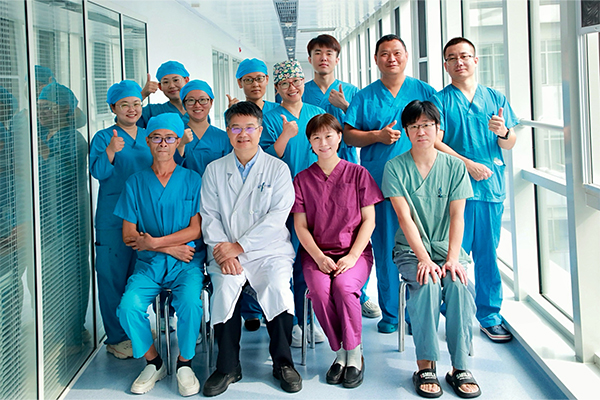
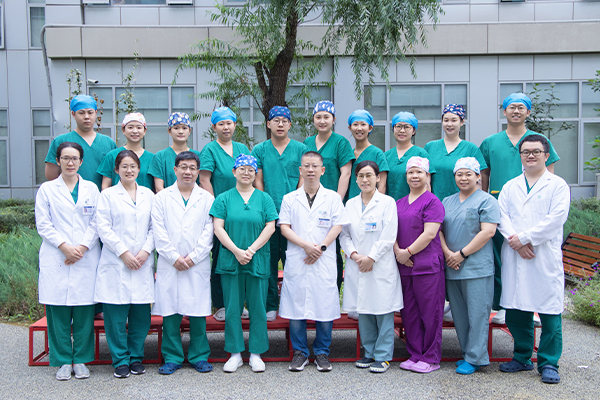
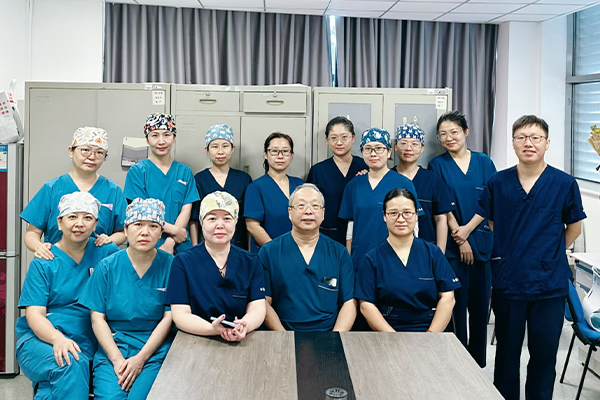
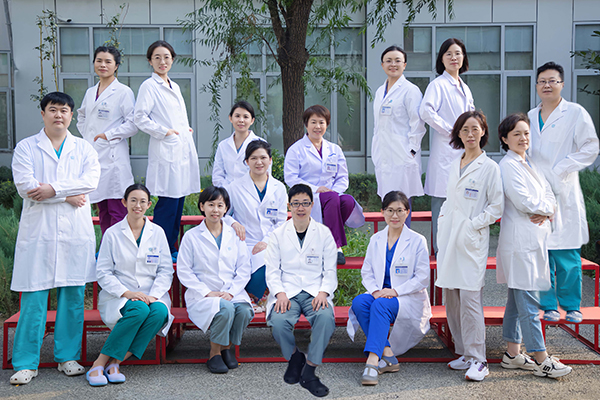
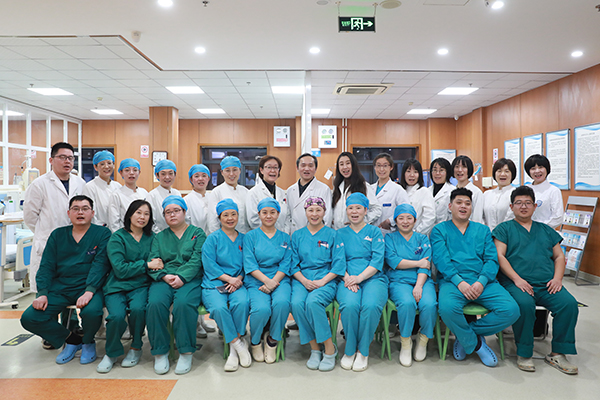
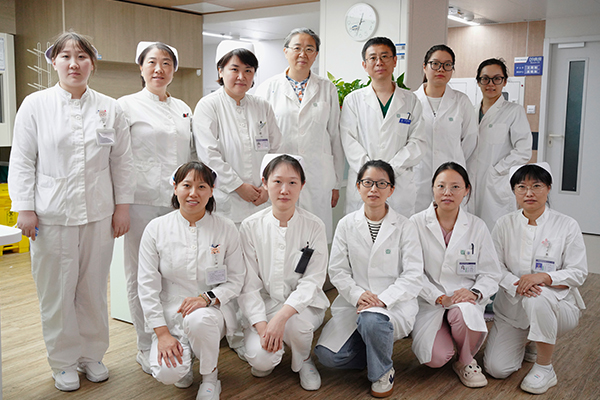
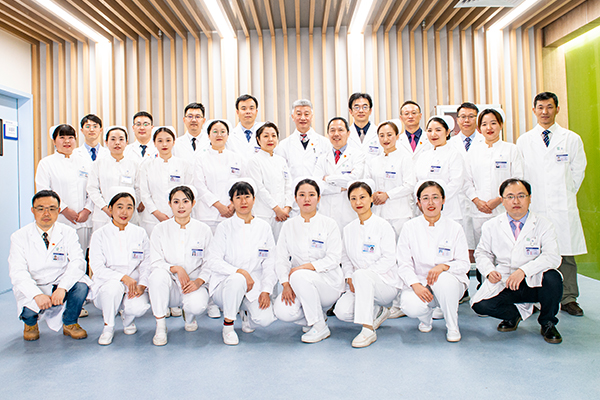
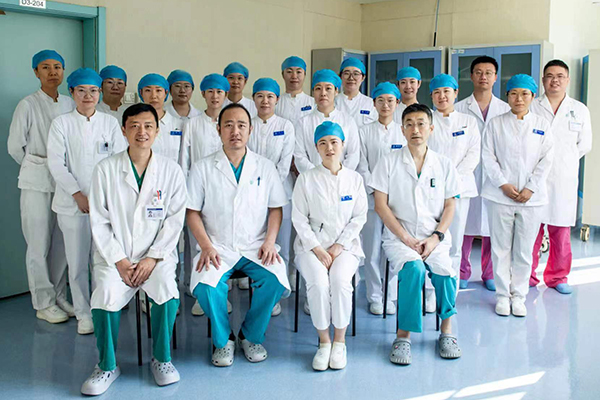
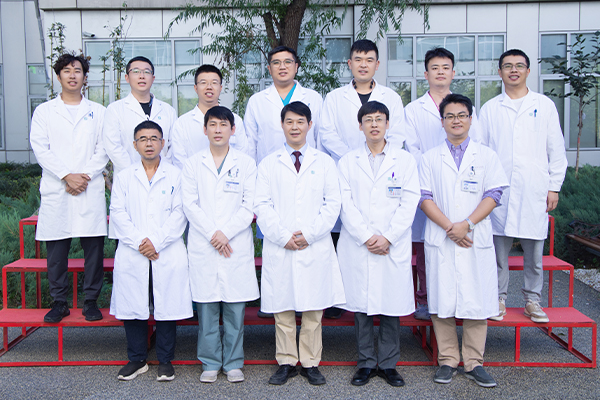
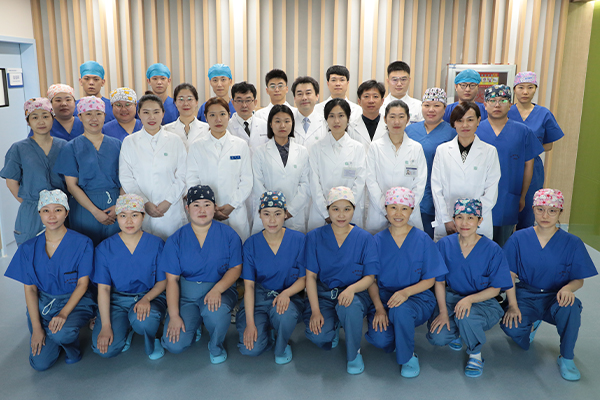
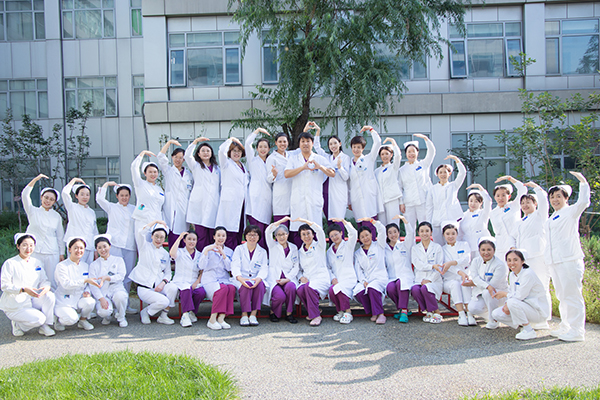
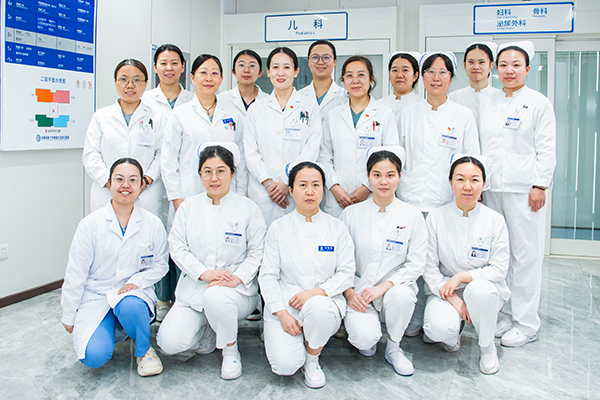
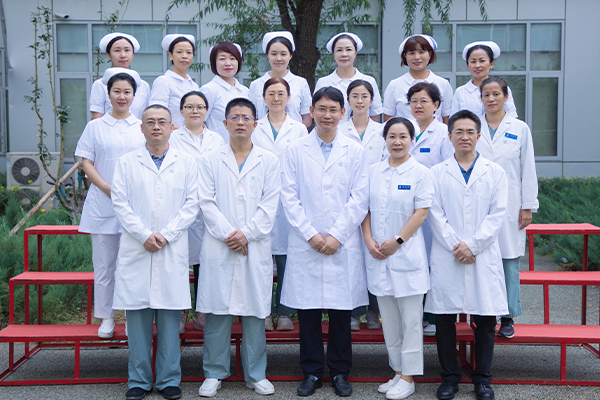
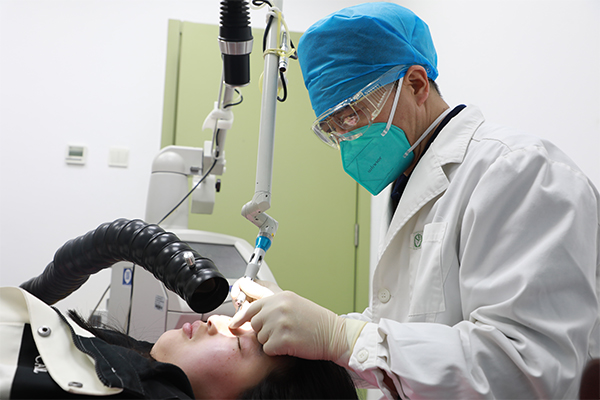
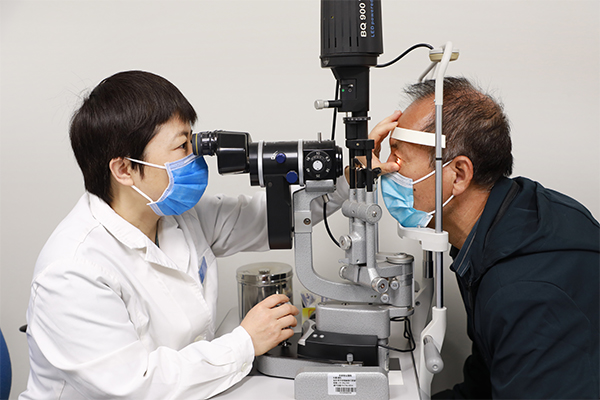
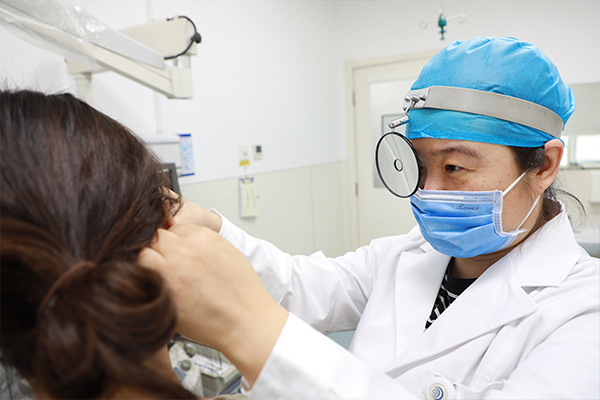
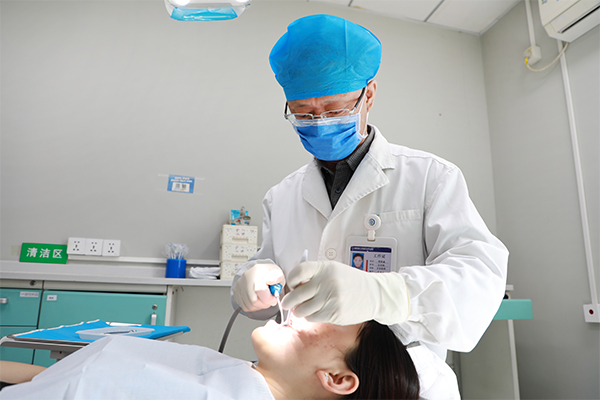
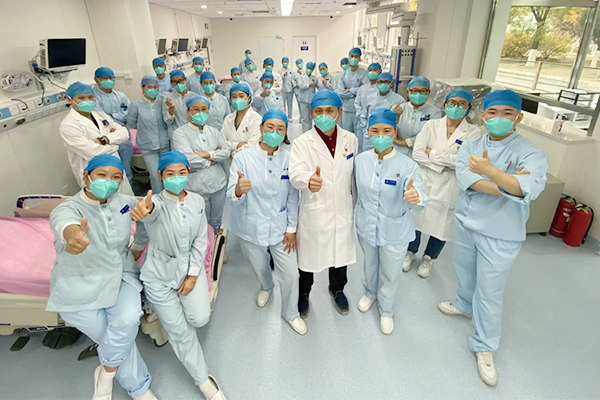
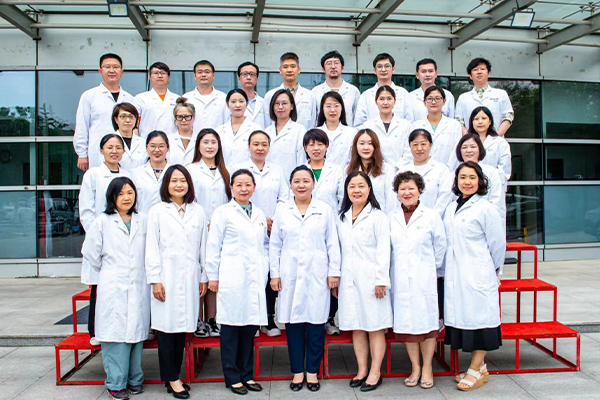
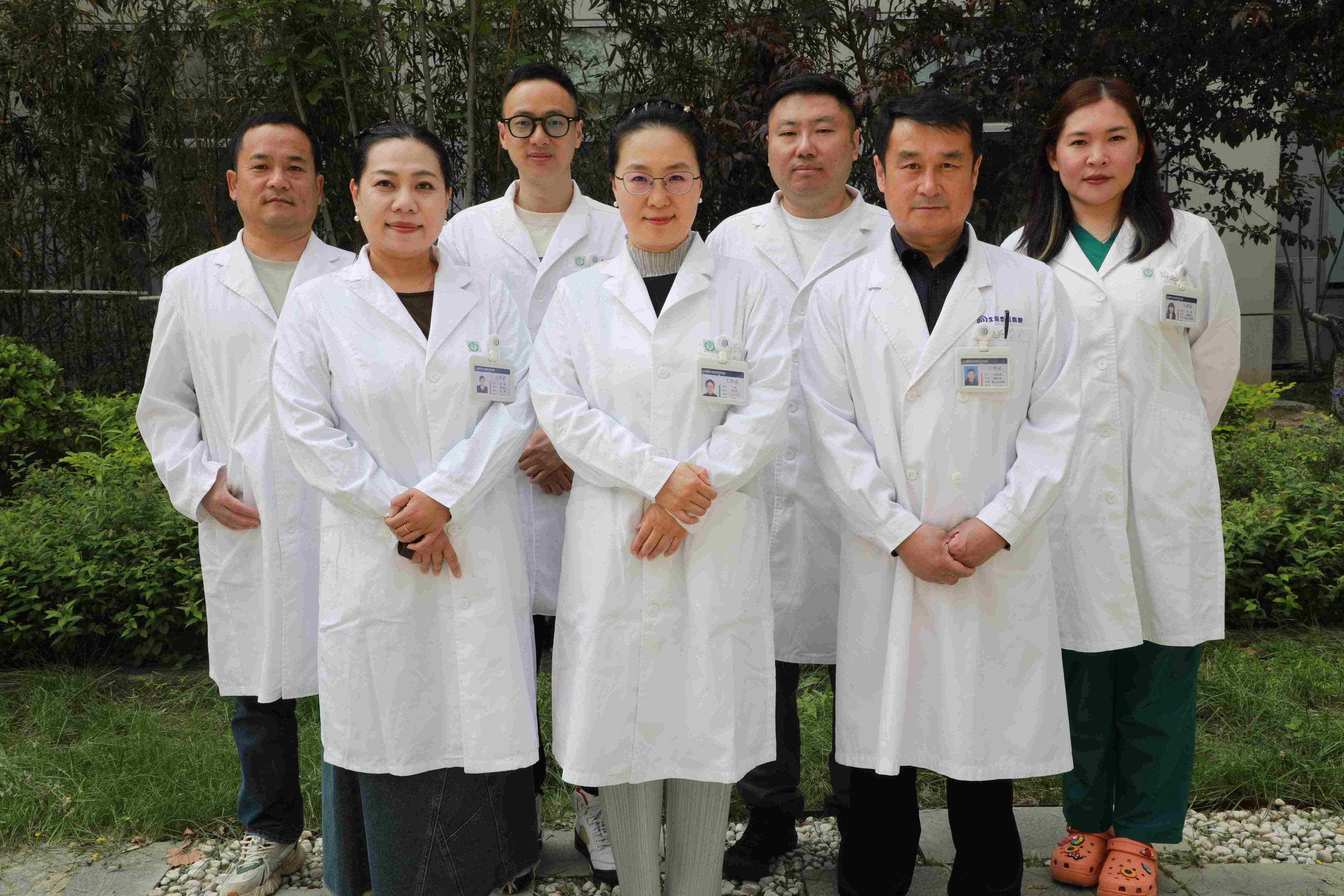
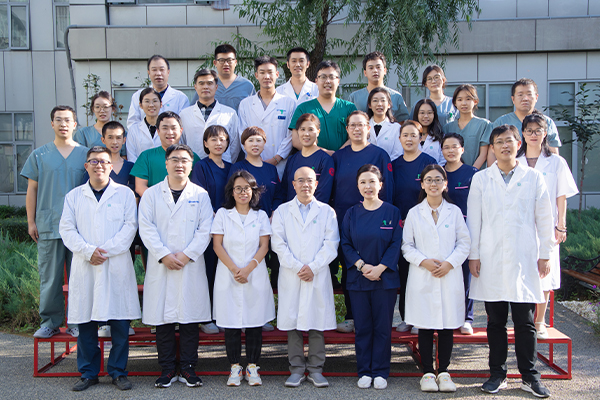
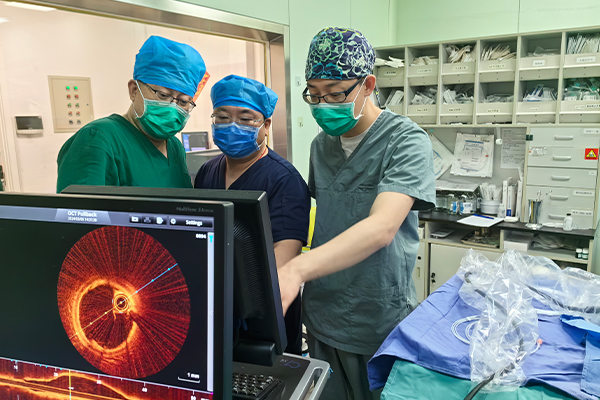
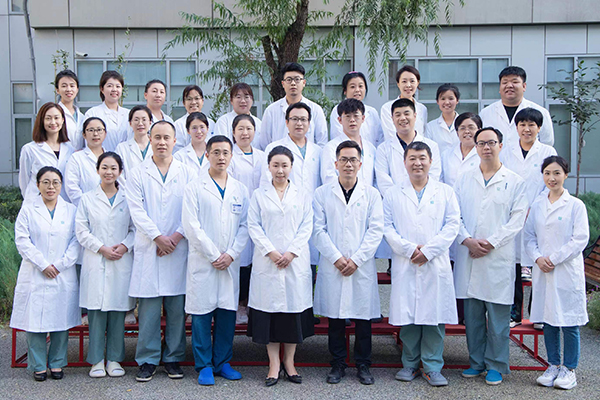
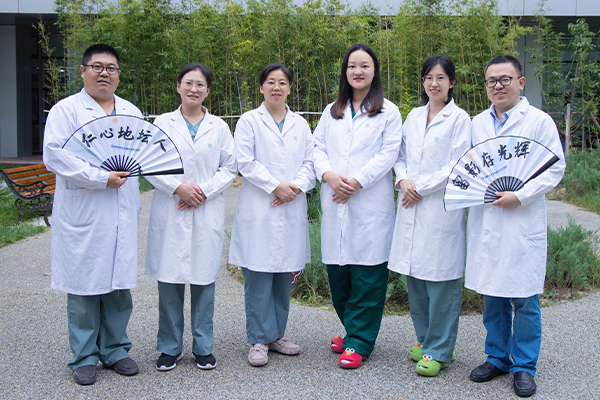
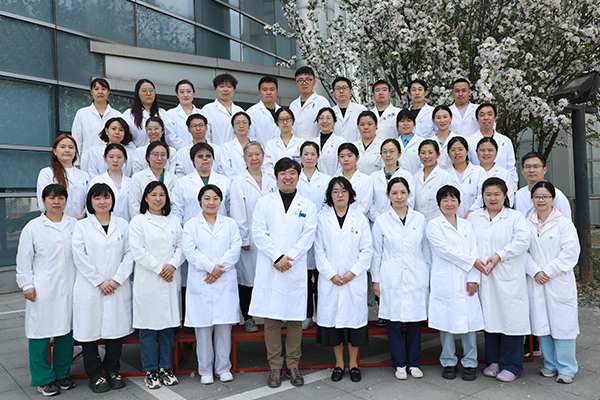
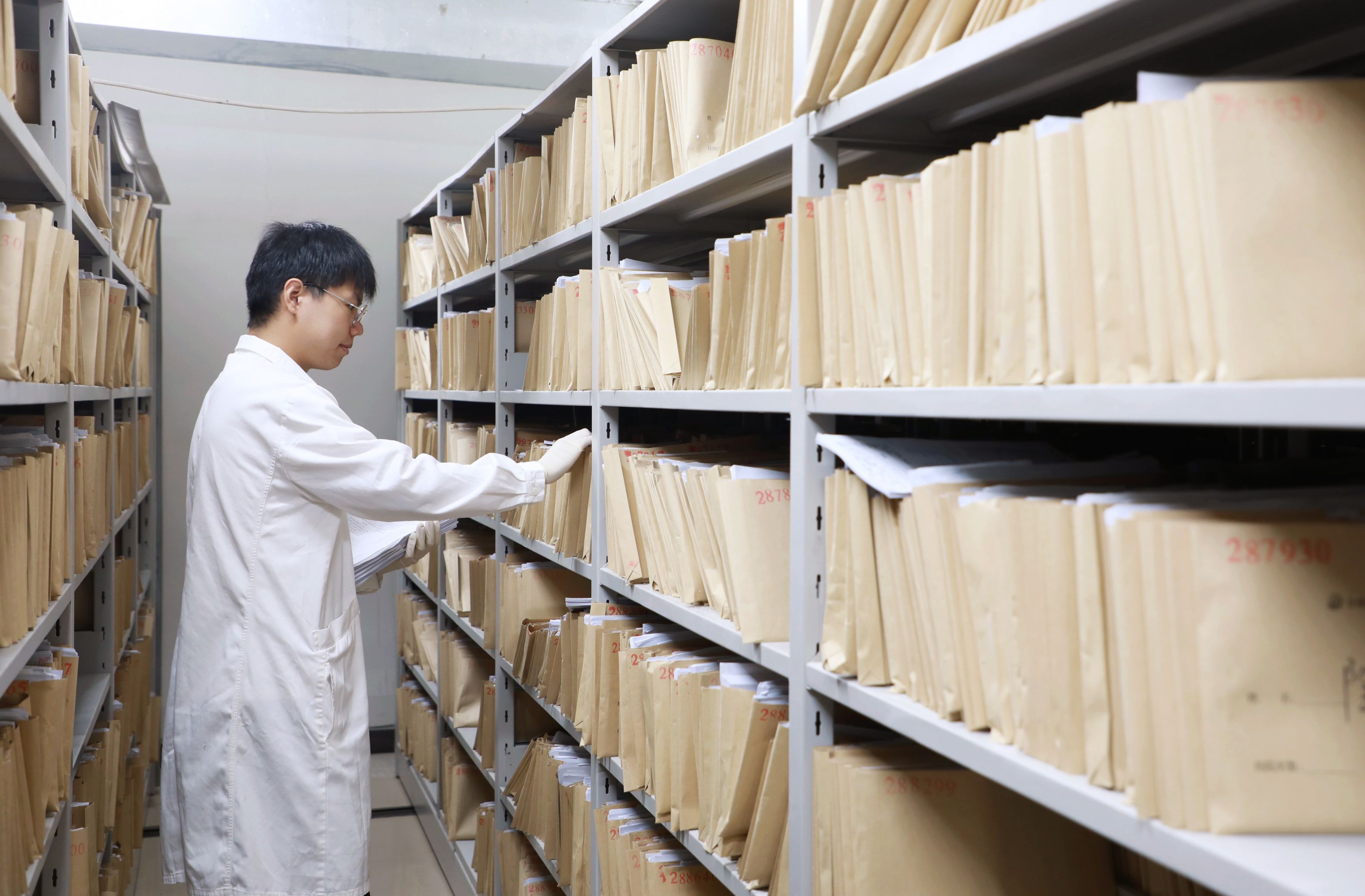
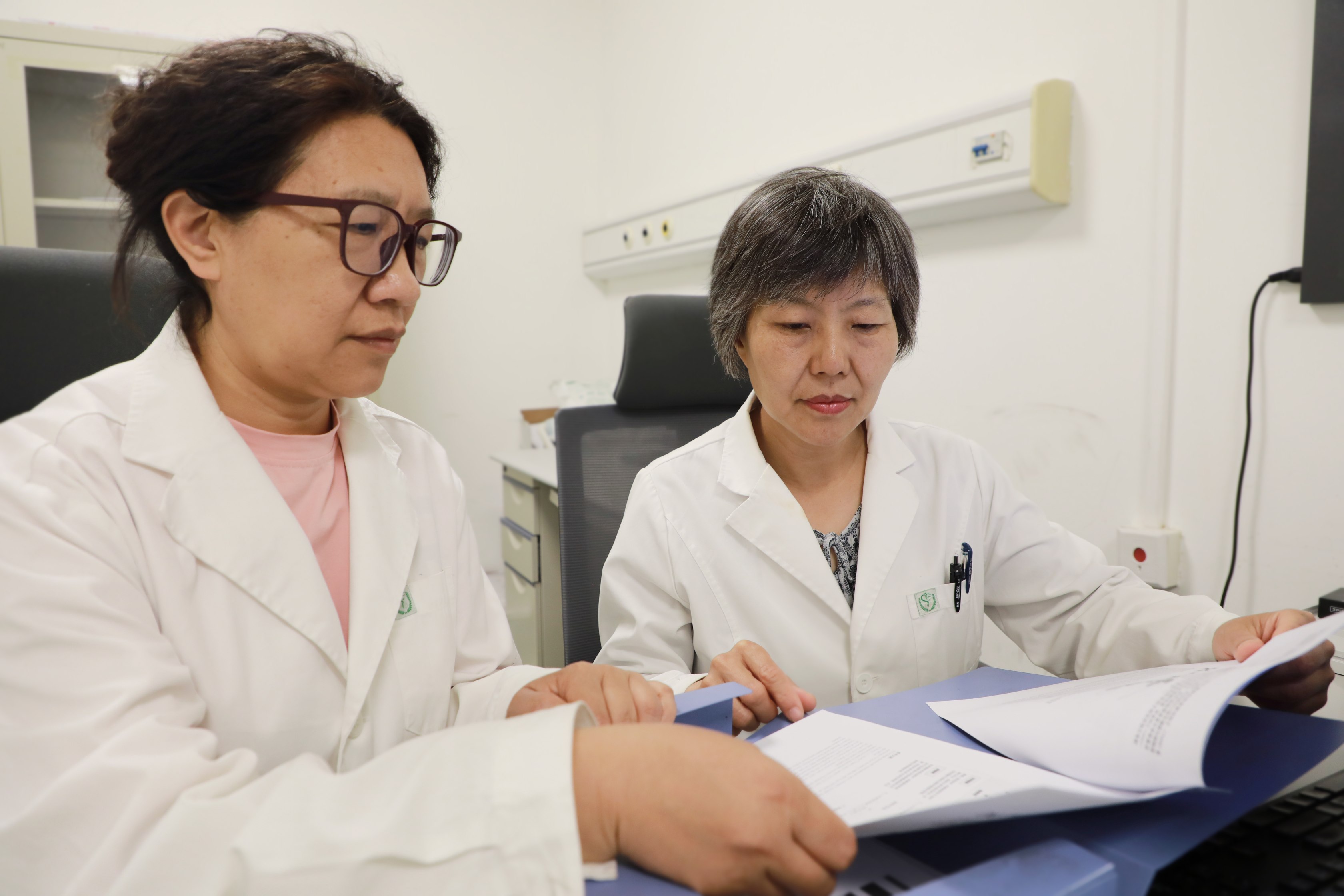
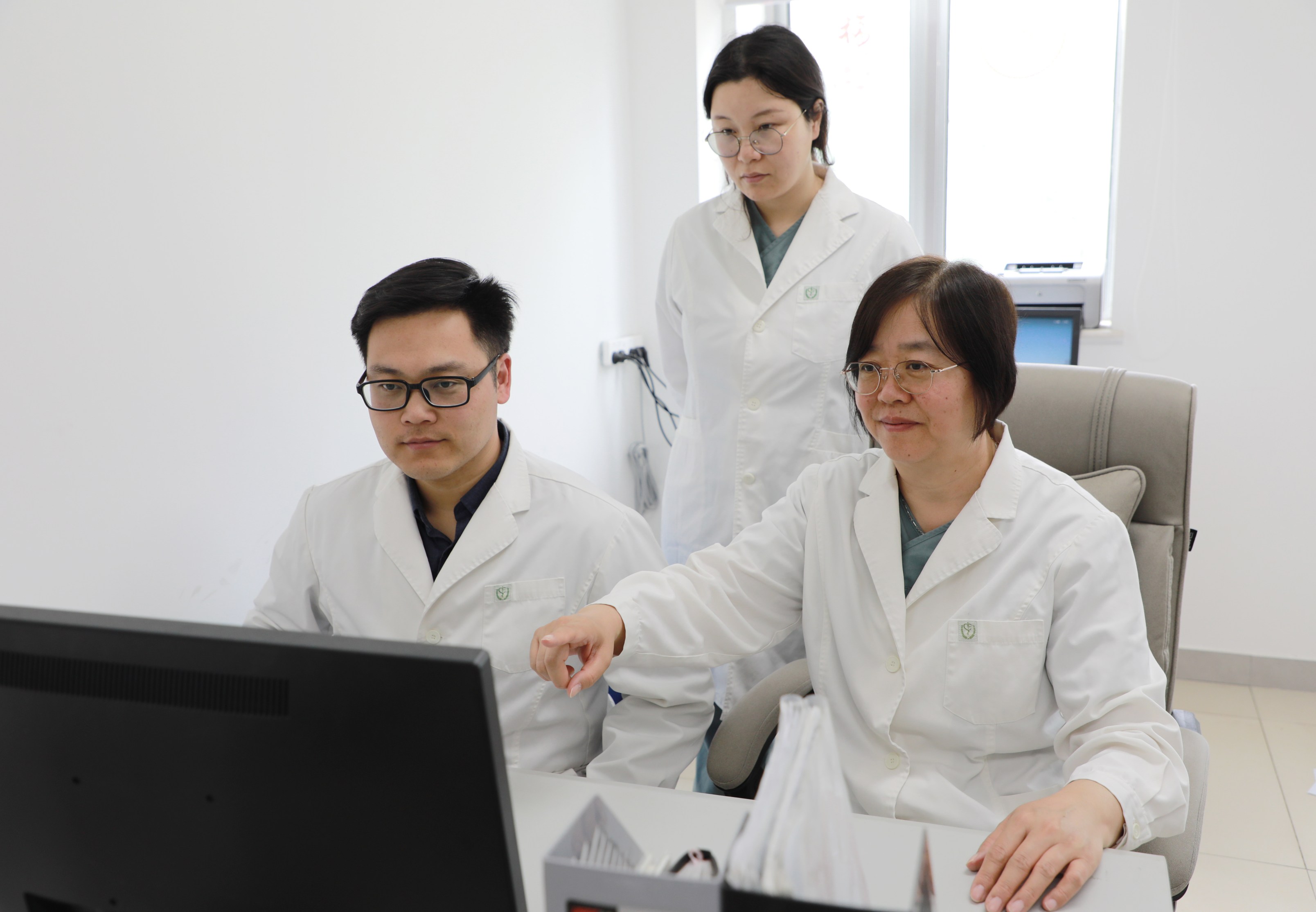
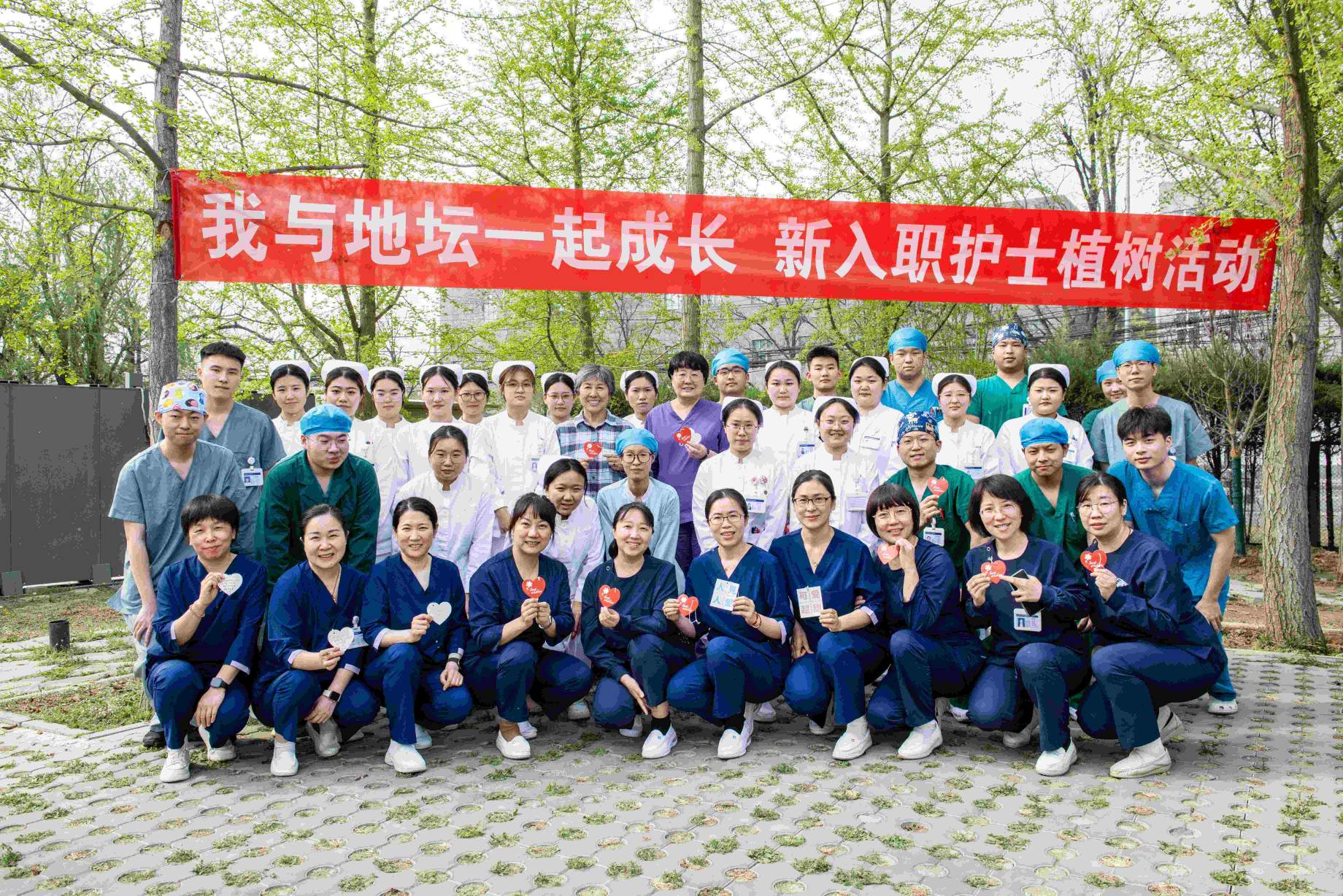
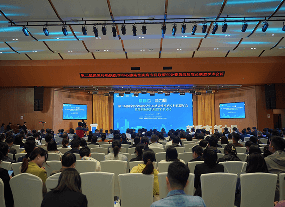
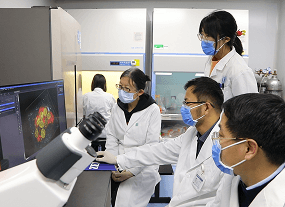
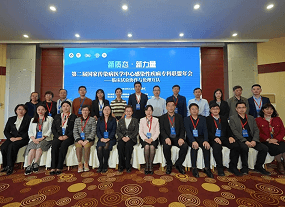
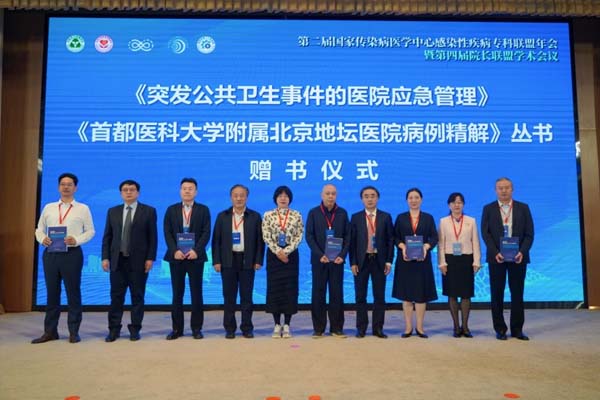



 京公网安备 11010502052111号
京公网安备 11010502052111号